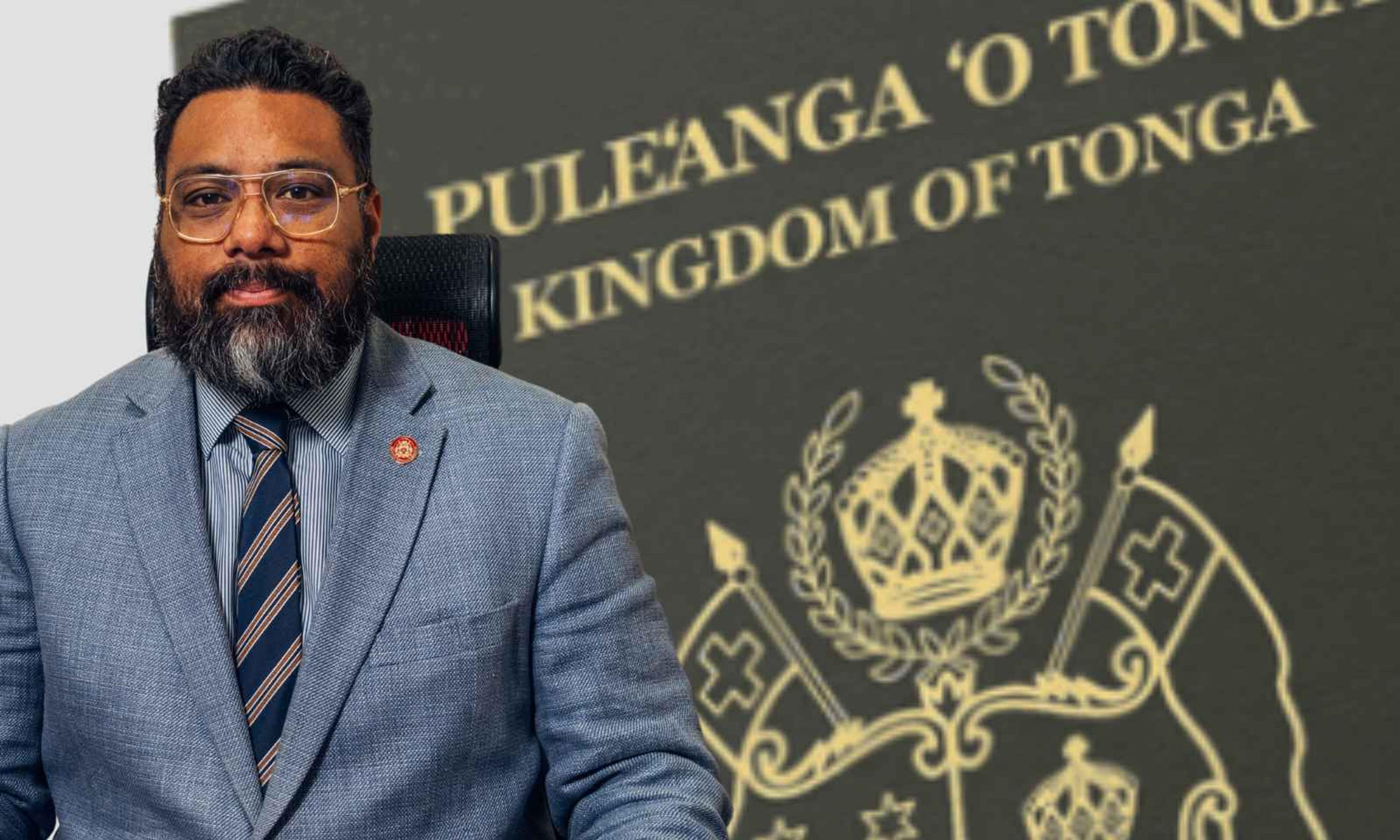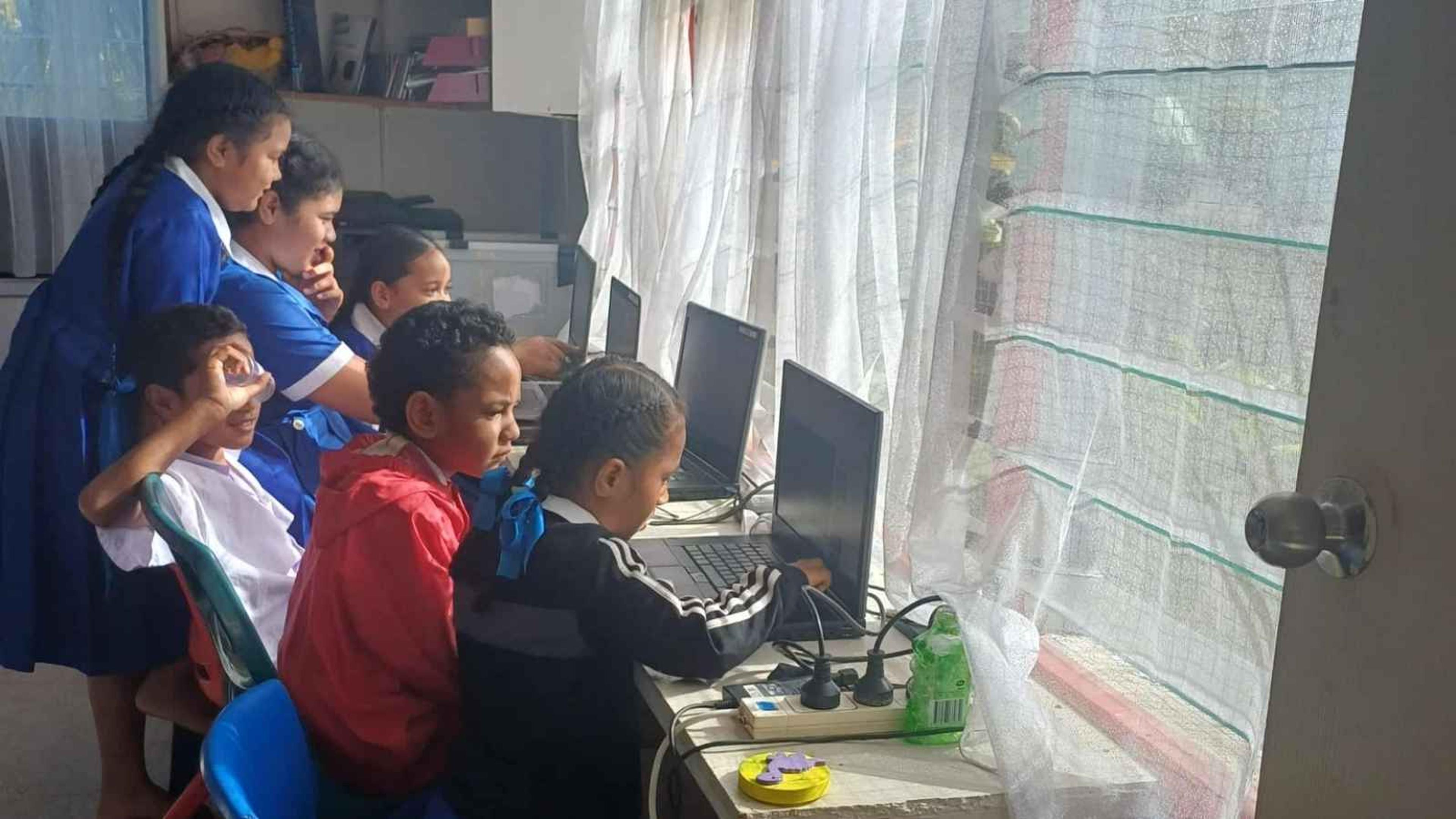

Photo/Speaker's Office
‘Out of touch’: Labour blasts govt response to Christchurch shooting inquiry
The government says it has completed the ‘coordinated response’ to the Royal Commission of Inquiry into the mosque attacks in 2019.



‘I knew something was wrong’: Pacific children miss out on early hearing support

Tonga makes historic breakthrough at Oceania Youth Chess Championship

‘A Library for the Heart of Tonga’: Building a hub for Nuku’alofa


Fresh warning as Tonga PM defends citizenship investment scheme

‘I knew something was wrong’: Pacific children miss out on early hearing support

Tonga makes historic breakthrough at Oceania Youth Chess Championship

‘A Library for the Heart of Tonga’: Building a hub for Nuku’alofa
Labour Party Leader Chris Hipkins has criticised the government for cancelling the response to the Royal Commission of Inquiry into the Terrorist Attack on Christchurch Mosques on 15 March 2019.
Fifty-one people were killed in the shootings at two mosques with dozens injured.
In August 2020, Brenton Tarrant was sentenced to life imprisonment without parole - the first such sentence in New Zealand.
The report into the assault on the masjidain (places of worship) in Ōtautahi was released in December 2020.
On Friday, Lead coordination Minister for the Response, Judith Collins, announced that any remaining work to address the report’s 44 recommendations would be completed by the responsible government agencies.
Only 36 of the 44 recommendations have been implemented or are being integrated in ongoing work programmes, she said.
But Hipkins said the government’s decision not to implement all the recommendations, while hinting at liberalisation of the law around semi-automatic weapons, was “out of touch”.
“The government has a responsibility to do right by the affected community and families.
“Taking the steps to ensure something like March 15 never happens again requires leadership, something the government is shirking.
“Taking investment from work being done on reporting threat channels and no money for counter terrorism advisory groups are terrible cuts.
“Disappointing is not enough of a word.”
However, Collins said the work had not stopped.
“In the five years since March 15 2019, government agencies – especially in the national security community - have made significant, enduring changes,” she said.
“We know the 51 people who died on 15 March will never be forgotten. We will continue the annual anniversary broadcast of the Adhan (call to prayer).
“The government is also considering establishing an appropriate memorial to honour the shuhada (martyr).”
The initiatives include:
The creation of New Zealand’s first National Security Strategy, Secure Together Tō Tātou Korowai Manaaki;
The establishment of the Firearms Safety Authority;
The establishment of the Ministry for Ethnic Communities;
The public release of Know the Signs – a guide for identifying signs of violent extremism;
The publication of the first New Zealand Security Threat Environment Report;
The Preventing and Countering Violent Extremism Strategic Fund for community-based prevention initiatives; and,
The establishment of the Ethnic Communities Graduate Programme.